<< Previous | Displaying results 3301-3325 of 6772 for "" | Next >>
Young people's diaries bear witness to some of the most heartbreaking experiences of the Holocaust. Learn about the diary and experiences of Jakub Lapides.
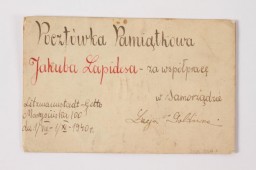
Young people's diaries bear witness to some of the most heartbreaking experiences of the Holocaust. Learn about the diary and experiences of Lolek Lubinski
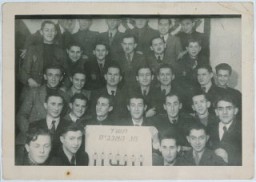
Children's diaries bear witness to some of the most heartbreaking events of the Holocaust. Learn about the diary and experiences of Sara Rachela Plagier.
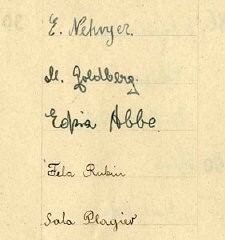
Children's diaries bear witness to some of the most heartbreaking events of the Holocaust. Learn about the diary and experiences of Jutta Szmirgeld.
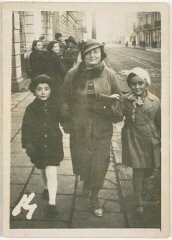
Children's diaries bear witness to some of the most heartbreaking events of the Holocaust. Learn about the diary and experiences of Israel Unikowski.
Learn about the Freiburg subcamp of Flossenbürg, including its establishment, prisoner population, and conditions there.
Explore a timeline of key events in the history of the Lublin/Majdanek camp in German-occupied Poland.
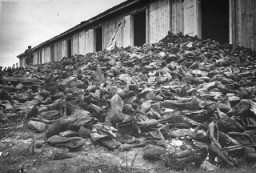
Learn about areas of research related to the number of deaths at the Lublin/Majdanek concentration camp system.
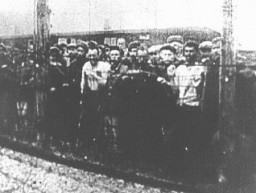
Learn about the North African military campaigns of World War II which took place between September 13, 1940, and May 13, 1943.
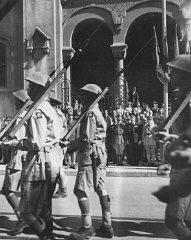
Learn more about the Western Desert campaign during World War II in Egypt and Libya between 1940-1943.
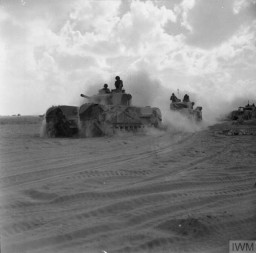
Operation Torch was the Allied invasion of French Morocco and Algeria during the North African Campaign of World War II. Learn more.
Learn more about the 1943 Tunisia campaign, a four-month long struggle between Allied and Axis powers in North Africa during World War II.

"Learn more about Stanisławów during World War II. This article is an excerpt from Nechama Tec’s Resilience and Courage: Women, Men, and the Holocaust (2003). "
World War II was the largest and most destructive conflict in history. Learn about key WWII dates in this timeline of events, including when WW2 started and ended.
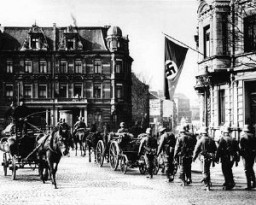
Racism, including racial antisemitism (prejudice against or hatred of Jews based on false biological theories), was an integral part of Nazism. Learn more
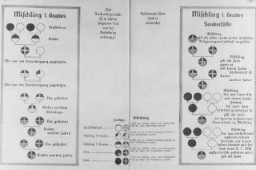
Moses Beckelman was an American social worker who joined the JDC in 1939. Learn more about his efforts to help refugees fleeing Nazism during the war.
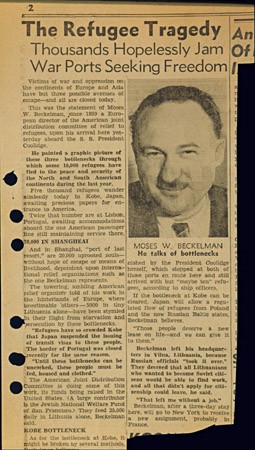
Stephen Wise (1874–1949) was a prominent Jewish leader in the United States between 1933-1945. Learn more about his work during the Holocaust.
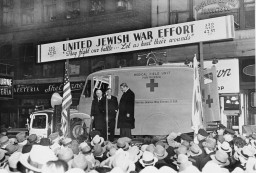
Germany started World War II in Europe on September 1, 1939, by invading Poland. War would continue until 1945. Learn more about key events in the history of WWII.
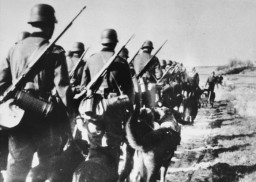
Antisemitism: hostility toward or hatred of Jews as a religious or ethnic group, often accompanied by social, economic, or political discrimination. Appellplatz: German word for roll call square where prisoners were forced to assemble. Aryan: Term used in Nazi Germany to refer to non-Jewish and non-Roma (Gypsy) Caucasians. Northern Europeans with especially "Nordic" features such as blonde hair and blue eyes were considered by so-called race scientists to be the most superior of Aryans, members of a…
The experiences of World War I and its aftermath would profoundly shape the attitudes and actions of leaders and ordinary people during the Holocaust.
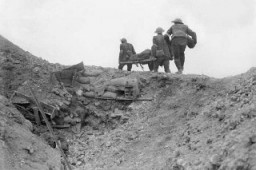
The Weimar Republic was a liberal democratic republic founded in Germany in the aftermath of WWI. Learn about the era’s political and economic crises and social trends.
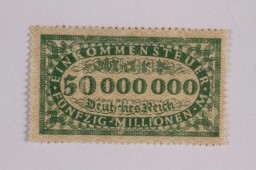
Adolf Hitler, leader of the Nazi Party, aimed to eliminate Europe's Jews and other perceived enemies of Nazi Germany. Learn more.
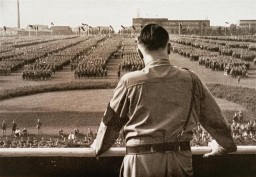
Before the Nazi rise to power, Jews represented less than 1% of Germany's population. Learn more about Jewish communities in Germany before the Holocaust.
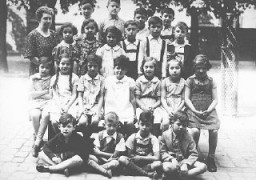
Nazi propaganda had a key role in the persecution of Jews. Learn more about how Hitler and the Nazi Party used propaganda to facilitate war and genocide.
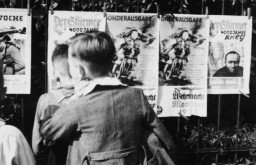
The Nazis frequently used propaganda to disguise their political aims and deceive the German and international public. Learn more.
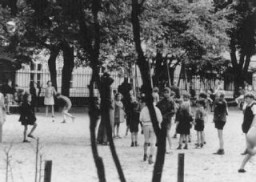
We would like to thank Crown Family Philanthropies, Abe and Ida Cooper Foundation, the Claims Conference, EVZ, and BMF for supporting the ongoing work to create content and resources for the Holocaust Encyclopedia. View the list of donor acknowledgement.